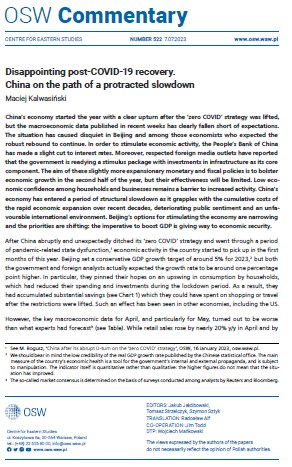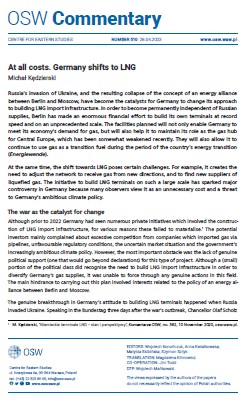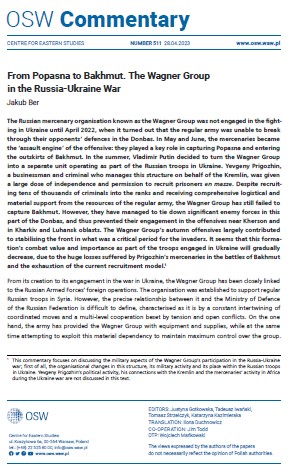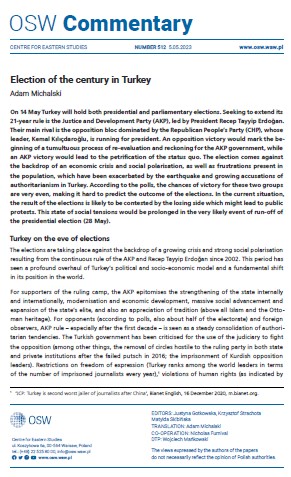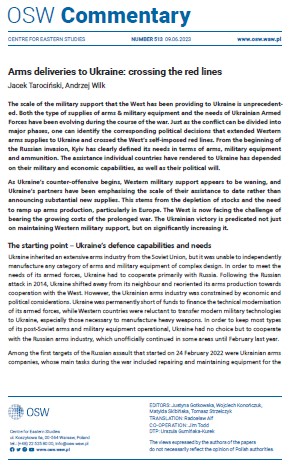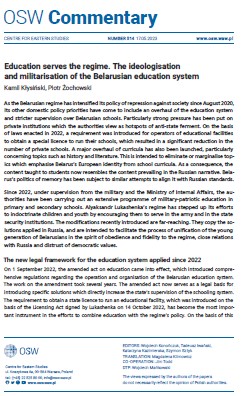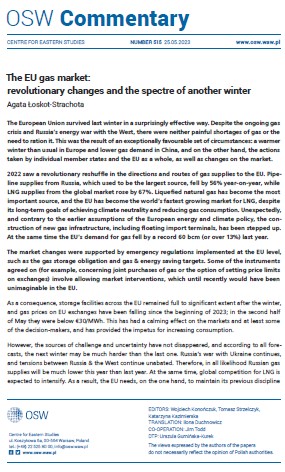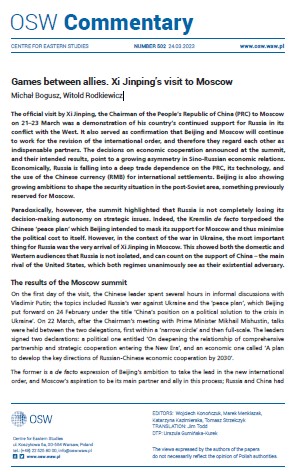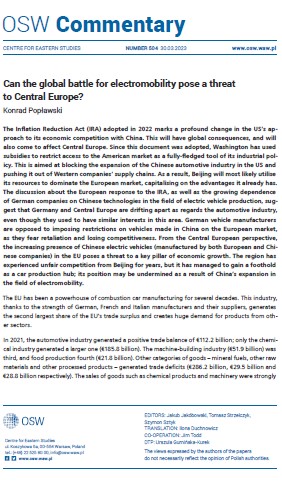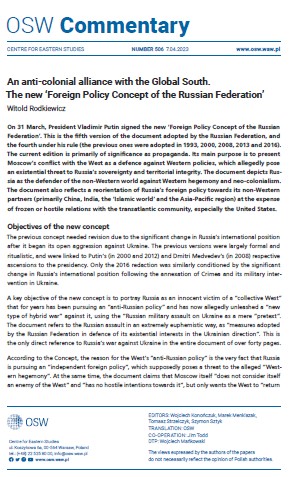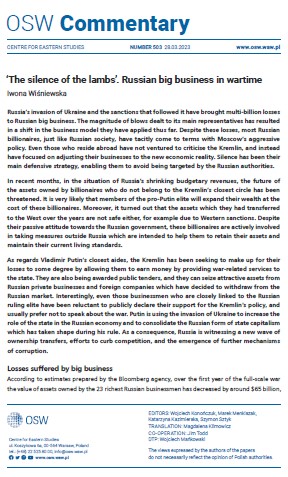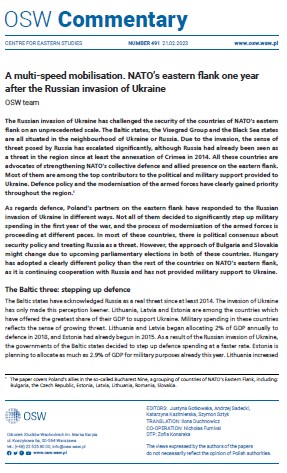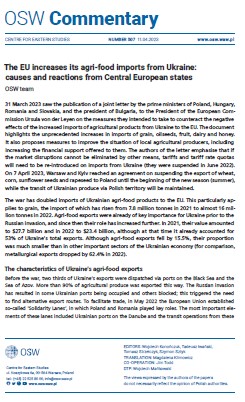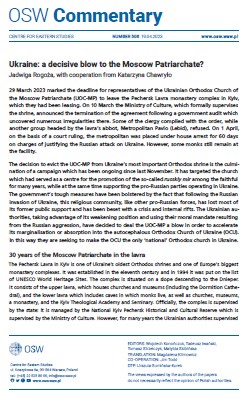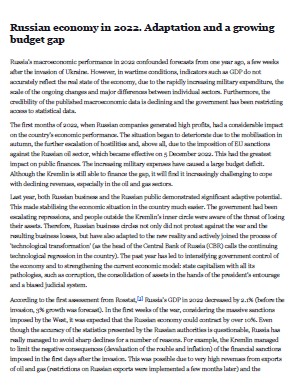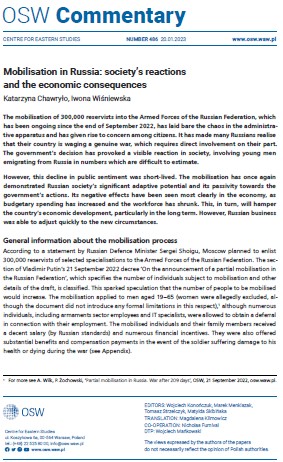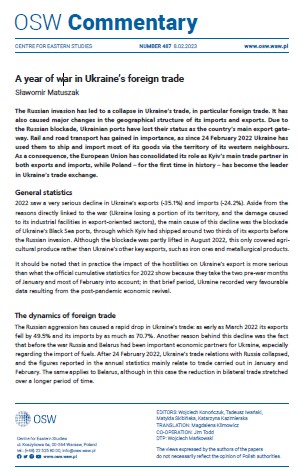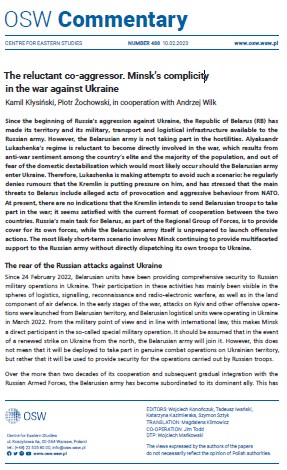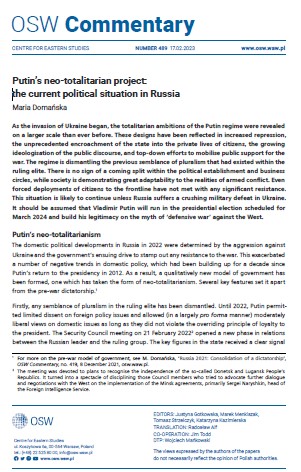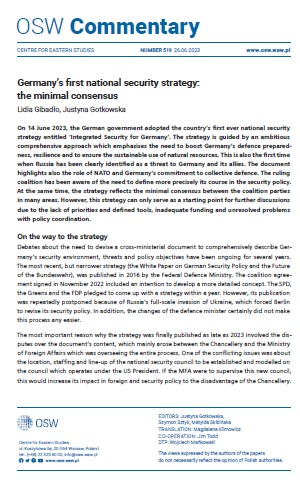
Germany’s first national security strategy: the minimal consensus
Germany’s first national security strategy: the minimal consensus
Keywords: Germany; National security policy; NATO; Russia; Natural resources;
On 14 June 2023, the German government adopted the country’s first ever national security strategy entitled ‘Integrated Security for Germany’. The strategy is guided by an ambitious comprehensive approach which emphasises the need to boost Germany’s defence preparedness, resilience and to ensure the sustainable use of natural resources. This is also the first time when Russia has been clearly identified as a threat to Germany and its allies. The document highlights also the role of NATO and Germany’s commitment to collective defence. The ruling coalition has been aware of the need to define more precisely its course in the security policy.At the same time, the strategy reflects the minimal consensus between the coalition parties in many areas. However, this strategy can only serve as a starting point for further discussions due to the lack of priorities and defined tools, inadequate funding and unresolved problems with policy coordination.
More...
